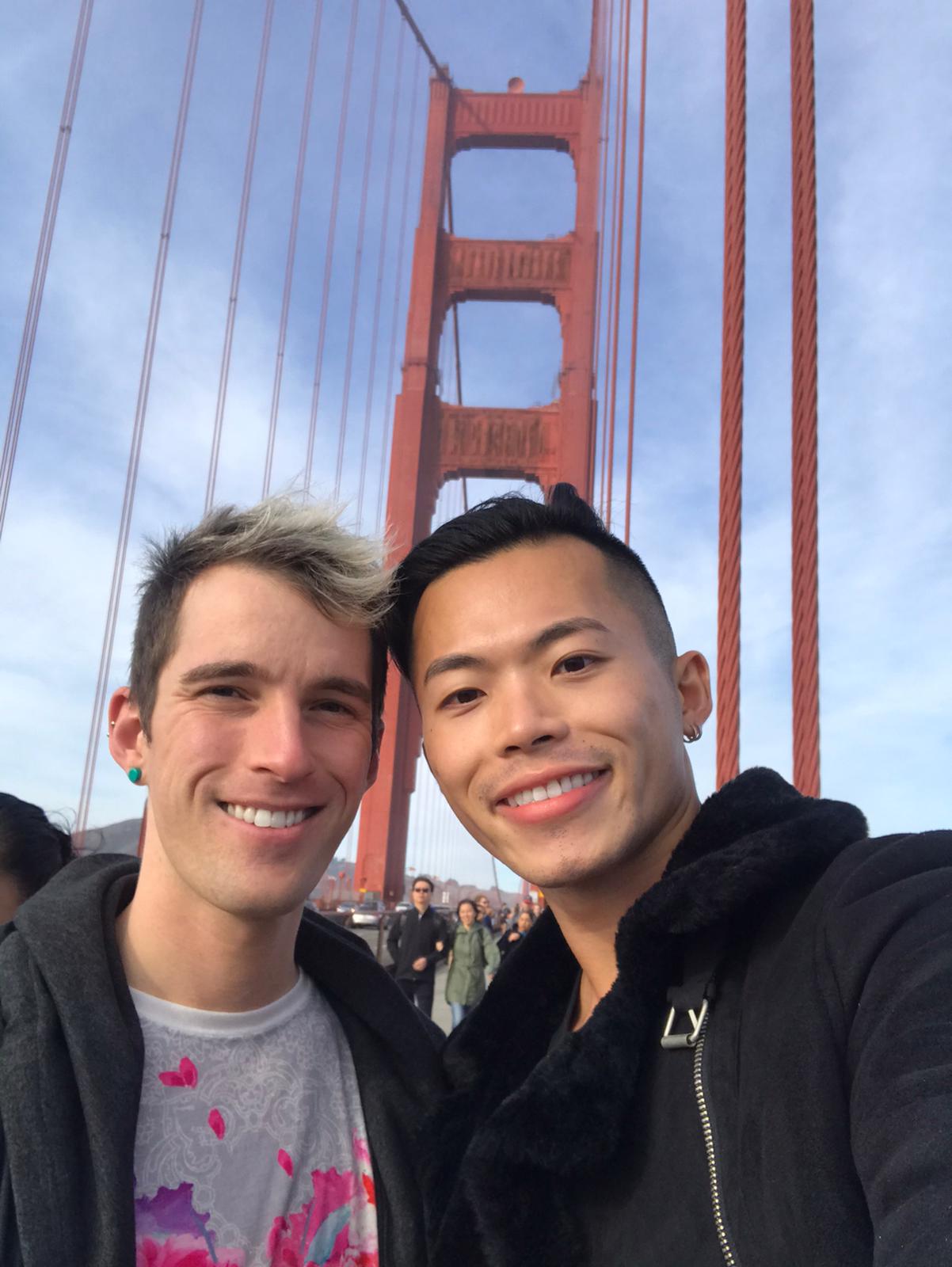Reading response paper three
One Country, “At the UN, women rally”
In addition to an overall agenda for women’s empowerment, the Beijing Declaration and Platform for Action dealt with 12 critical areas of concern for women: poverty, education, health, violence against women, armed conflict, economic structures, power sharing and decision making, mechanisms to promote the advancement of women, human rights, the media, the environment, and the girl child.
I am pretty sure that most people will acknowledge that our society has underplayed the role of women in history. The specifics of this assertion, however, are harder to grasp, especially for men. The above sentence was quite eye-opening for me because it showed the extent to which women have been cheated by men. I usually try to “stick up” for women in the things I do and say. When writing a phrase such as “…when a president declares that he or she…,” I tend to simply write “she,” since it is acceptable to substitute “he” or “she” for “he or she.” Even though I do things like that, I am sure some things I do expose an inherent unfairness to women.
Oppression of women today is most evident in the fact that women, on average, are paid less than men. One might argue that this is a result of women being less-educated than men on the whole (another issue altogether!), but that does not explain unfair pay entirely. Women and men who have the same job and the same qualifications still tend to be paid unequally. Hiring based on experience alone is problematic too, because a group that has been traditionally excluded from power positions will have trouble building experience if members of that group are not hired because of a lack of experience… Hiring based on education is also problematic. Along the same reasoning, women will have trouble finding work requiring education when women as a whole lack as much education as men. Why do women not simply go to college then? That requires money, which women generally have less of than men.
Another obvious sign that progress has yet to be made in our society is the uneven distribution of men and women in power. We have never had a female president, and we are not the only country in which this is the case. A very small proportion of the House of Representatives is female, and even less of the Senate is. This phenomenon applies to almost all levels of government, right down to city council members. The trend of women being excluded from power positions is not just present in government, either. Most CEO’s are male (and white). Also, most religious leaders are male – and that is one sticky issue that may not change for a long time, or at least as long as it takes for religions to change…
Other major signs of women being excluded or downplayed are apparent in the media’s use of women and sex for advertisements, the fact that women are most often victims of violence, and the “lack of women” in history.
When one thinks of sex-appeal, one thinks of women being portrayed in a sexually explicit way. Many car commercials, cigarette ads, and beer commercials feature women. The only advertising that features men in the same way is advertising for male porn sites. This may be because men are pigs and easily succumb to temptation, or it may simply be because men like to victimize women. Either way, the fact that women are being depicted as objects of desire and not really as people is a sure sign of oppression of women.
Another piece of evidence showing women are oppressed is the fact that, throughout the world, violence is targeted toward women much more often than it is toward men. This point requires little discussion, because violence toward a group is obviously oppression of that group.
A significant piece of the problem is the lack of women in taught history. Certainly women played an equal role in history, because there have always been equal numbers of men and women. This is not the impression one gets from many history books, though. First of all, most history books focus largely on wars and military expeditions. This may be hard to avoid, because most significant changes in history were the result of wars. I am sure, however, that women are responsible for more of the world’s events than we are led to believe.
For all of these reasons, I am glad that this class requires at least reading about the oppression of women. Hopefully students will take the initiative to do something to remedy the situation. If people take away from this course a sense of awareness that women may be disadvantaged, perhaps there is hope. Much of the problem, I feel, is in how people think about women – it is all perception. The more women are perceived to be valuable and equal, the more fair our society will be.






















